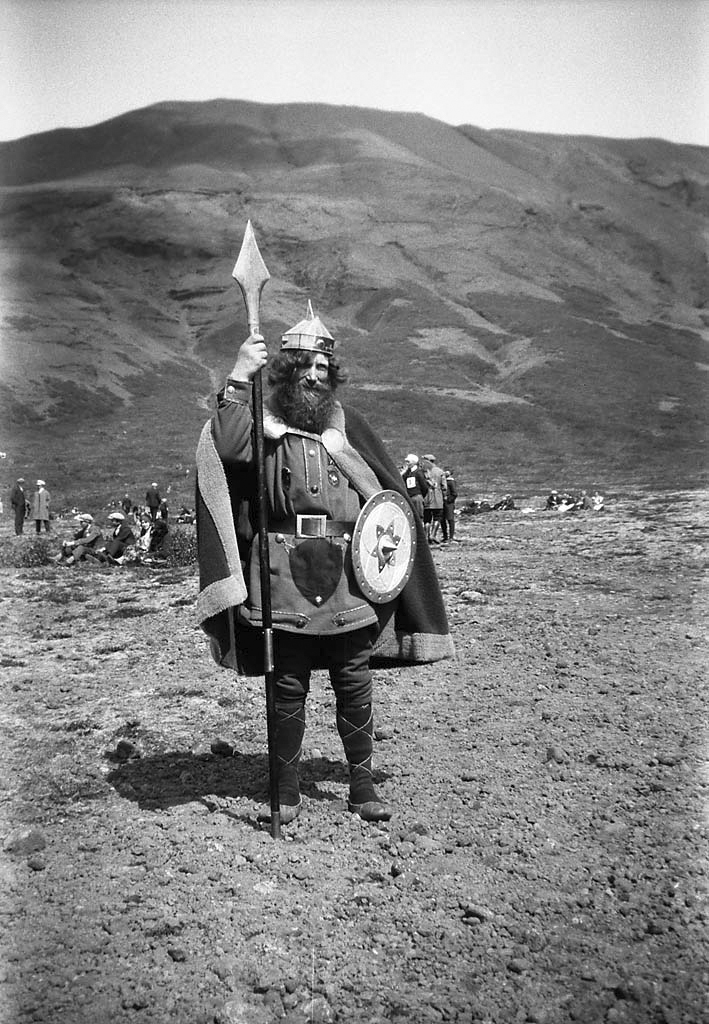Image from The Reykyavik Grapevine: Oddur “the strong” Sigurgeirsson in Viking costume for the 1930 festival marking the founding of the Althing. In 1930 Iceland celebrated the thousandth anniversary of the founding of the Althing, the body which now serves as Iceland’s national political and legislative assembly. The King and Queen (of Denmark, and of… Continue reading Is Iceland’s Althing the Oldest Parliament in the world?
Category: Uncategorized
Paid advocacy in the House of Commons and the Resolution of 2 May 1695
In the recent debates over the report of the Standards and Privileges committee on the Owen Paterson case frequent reference has been made to the House of Commons’ foundational resolution of 2 May 1695 on lobbying. The resolution runs as follows: That the Offer of any Money, or other Advantage, to any Member of Parliament,… Continue reading Paid advocacy in the House of Commons and the Resolution of 2 May 1695
Lies, Personalities and Unparliamentary Expressions
It often puzzles people that accusing someone of lying in parliament seems to be taken more seriously than actually lying – at least that there is some consequence. The member who has made the accusation is called on to withdraw, or rephrase, the allegation; whereas it is rare that anything is done to reprove the… Continue reading Lies, Personalities and Unparliamentary Expressions
The Smoking Room of the House of Commons
The smoking room of the House of Commons has long intrigued commentators on and spectators of politics: one of the places where knots of members get together to weigh reputations, exchange gossip, spread discontent, foment revolts, hatch conspiracies.
Parliamentary Privilege and Libel, Part II: from Wilkes to 1835
This is a series of three blogs about Parliament and Libel. The first, Privilege, Libel and the long road to Stockdale v. Hansard, Part I: from Strode’s Case to Article IX, dealt with the earliest encounters, in the seventeenth century, between parliamentarians and the court over the publication of material that the parliamentarians believed was… Continue reading Parliamentary Privilege and Libel, Part II: from Wilkes to 1835
Zoom and the Technology of Parliamentary Debate
The current controversy over the extension of the house of commons emergency procedures is very much sui generis. The technology to enable parliament to debate and vote without most members being physically present is only a few years old and was of course not available when previous public health crises of this order occurred: the… Continue reading Zoom and the Technology of Parliamentary Debate
The Zircon Affair, Parliament and the Courts
The Zircon Affair The Zircon affair concerned a BBC programme made in 1986 by the investigative journalist Duncan Campbell. It covered a secret defence project, an intelligence-gathering satellite named Zircon, and particularly the failure to submit it to parliamentary scrutiny. The BBC, under pressure from the government and its governors, decided not to screen it.… Continue reading The Zircon Affair, Parliament and the Courts
Yonge, Haxey, and the Privilege of Freedom of Speech in Parliament
These days, the parliamentary privilege of free speech is regarded as deriving from the assertion in Article IX of the 1689 Bill of Rights that ‘Freedom of Speech and Debates or Proceedings in Parliament ought not to be impeached or questioned in any Court or Place out of Parliament’. That it is considerably older than that is certain, but how old, very much not so.
The Spectacular Pantomime of the Budget
Proceedings in parliament are often described in theatrical terms; and the budget is one of the most theatrical of all parliamentary performances.
Black Rod and the Door of the House of Commons
Image: UK Parliament via Flickr CC The earliest description of the ceremony in which the Commons are summoned to the Lords by Black Rod comes in a notebook that belonged to Sir Thomas Duppa, who filled the position between 1683 and 1694, and had been deputy to his predecessor, Sir Edward Carteret, from 1675.… Continue reading Black Rod and the Door of the House of Commons



